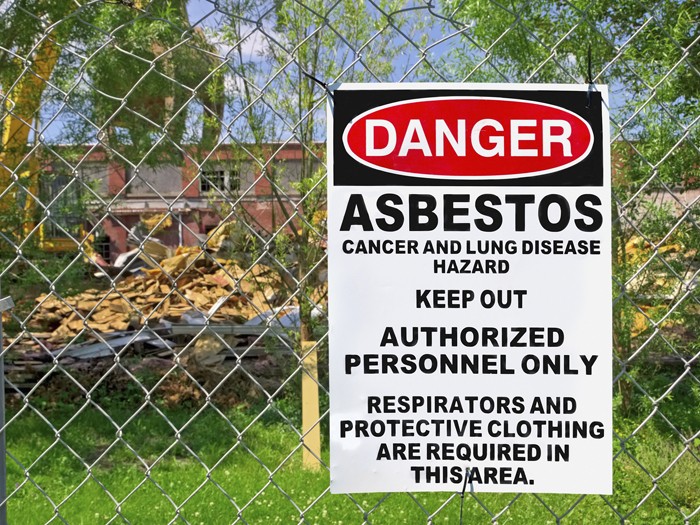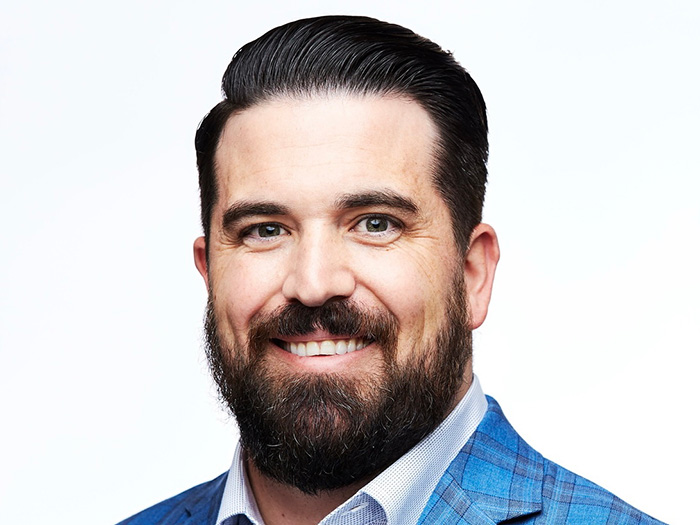Court Says: No Wages Lost Due to ‘Occupational Disease’

Following the terrorist attacks on September 11, 2001, many clean-up crews were called to the World Trade Center site. Zdzislaw Usewicz worked as an asbestos handler during recovery. Later, however, he began to feel sick. A treating physician found Usewicz suffered from depression, asthma, rhinitis, gastroesophageal reflux disease and post-traumatic stress disorder, all stemming from his time spent on site.
Usewicz filed for workers’ compensation with his employer Nozbestos Construction Corporation, which accepted the claim. Usewicz was cleared to work under the condition he avoid lead exposure.
Then, on July 28, 2012, Usewicz was let go from his job. Nozbestos said Usewicz could not continue working if he couldn’t wear a mask. Due to excessive coughing, Usewicz was unable to keep the mask on during a full day of work.
Usewicz filed an occupational disease claim, asserting he had been working in a continuously lead-contaminated environment during his employment.
A workers’ comp judge found Usewicz was last exposed to lead in November 2011 while working for Nozbestos. The judge also concluded that the occupational disease claim should be viewed as together with the original workers’ comp claim from Usewicz’s time spent at the World Trade Center.
As of July 28, 2012, Usewicz had no causally-related loss of earning, said the judge. His cessation of employment was related to his initial workers’ comp claim, not lead exposure or occupational disease like he alleged.
In appeals court, physicians testified that while Usewicz was exposed to lead toxicity throughout his career, the coughing could be linked back to medical conditions from his work at the World Trade Center. Being an asbestos handler was also a principal cause of his disability. The appellate court upheld the judge’s decision.
Scorecard: The court determined that Zdzislaw Usewicz’s disabilities most likely stemmed from a workers’ compensation claim from 2001 and not lead exposure. He will not receive benefits for his occupational disease claim.
Takeaway: Working with hazardous waste can lead to various worker health and safety issues. Employer best practice is to have safety at the forefront to avoid claims from even happening. &










